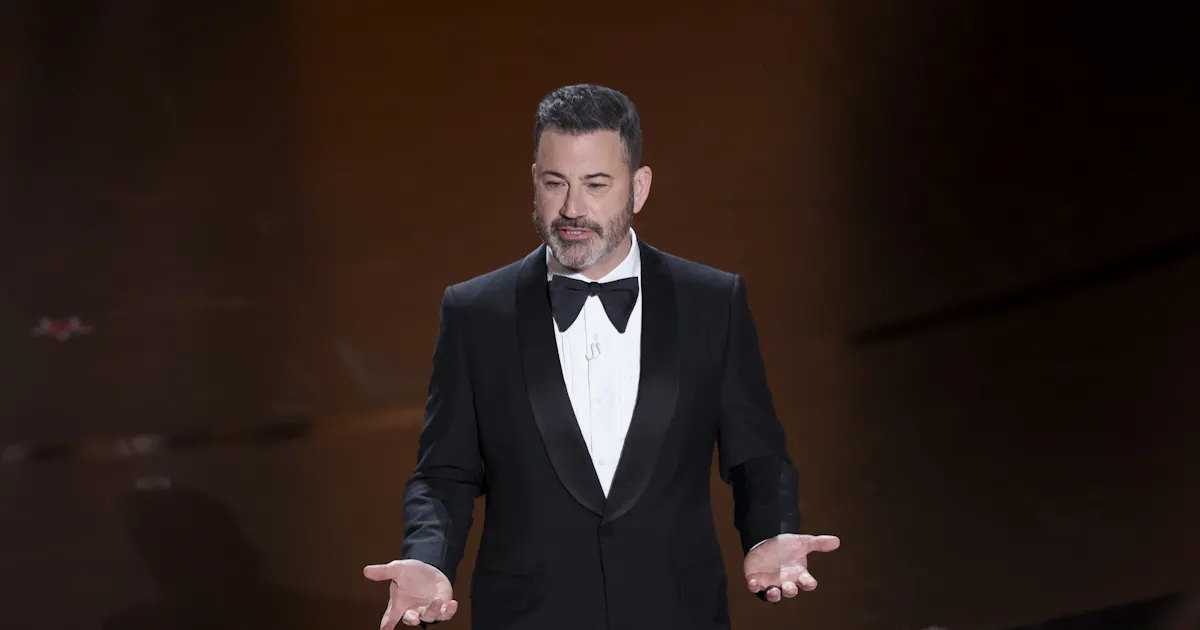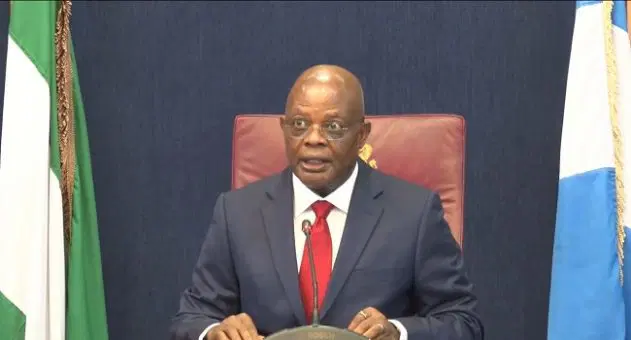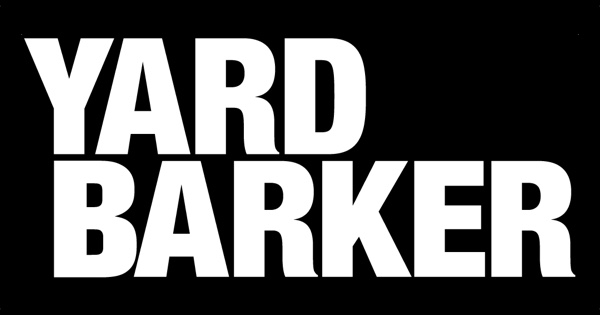By Matt Ford
Copyright newrepublic

Carr crossed the line by unambiguously threatening to use the FCC’s powers to punish ABC, its local affiliates, and Kimmel for his political speech. You don’t even really have to take my word for it—you can just listen to the man himself. “Should the government censor speech it doesn’t like?” he wrote on Twitter in 2019. “Of course not. The FCC doesn’t have a roving mandate to police speech in the name of the ‘public interest.’” Local affiliate networks still followed his lead soon thereafter.
Institutions bend the knee to the Trump administration’s coercive tactics for multiple reasons. Sometimes they agree with the White House and the pressure campaign gives them an excuse to use with other stakeholders. Sometimes they do it out of genuine fear of reprisal. Some do it because they think they won’t prevail if they bring a lawsuit, given the Supreme Court’s current ideological balance. The last one is especially true in cases involving diversity, equity, and inclusion measures, for example, since the conservative majority is particularly hostile to them.
It would be a mistake to extend that last presumption to the First Amendment. As I noted last month, the Roberts Court has many sins, but weakening free-speech protections has not historically been one of them. The court has consistently held the post-1960s line on maintaining First Amendment protections for even the most repulsive figures and beliefs. In 2011, the court even sided with Westboro Baptist Church when it brought a First Amendment challenge to a law that prohibited protests at military funerals.



